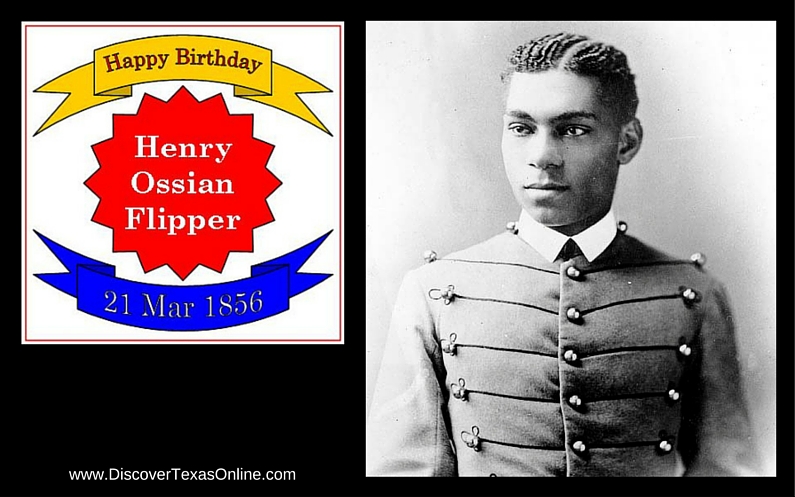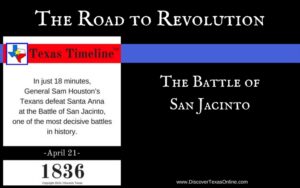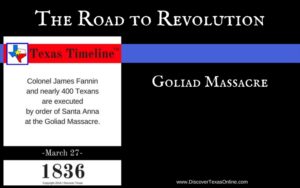
Henry Ossian Flipper was born March 21, 1856 to Festus and Isabella Flipper, slaves. That meant Henry was also a slave, but when the slaves were freed in 1865 (or 1862, depending on how you reckon emancipation) he set his sights high. Henry wanted to serve in the U. S. Army. He wanted to go to West Point. He wanted to be an officer.
It’s hard to explain in this century the obstacles Henry faced in his. He was accepted into West Point Military Academy–the fifth black American to be accepted. He was often ostracized by the white cadets and faced extreme opposition. Still, he persevered in his studies to become an engineer and an officer. On June 14, 1877, Second Lieutenant Henry Flipper became the first black graduate of West Point and was assigned to Company A of the Tenth United States Cavalry–the “Buffalo Soldiers”.
Under his leadership, at Fort Elliott, Fort Concho, Fort Quitman, Fort Davis, and Fort Sill his men successfully completed many challenging assignments. Flipper’s exemplary service earned him an assignment as acting assistant quartermaster, post quartermaster, and acting commissary of subsistence at Fort Davis in Texas–a position that placed him in charge of the fort’s supplies and physical plant, but his promotion did not sit well with Col. William Shafter, the post’s commanding officer. He planned to relieve Lt. Flipper as soon as possible and rumors began to circulate of a plot to force Lt. Flipper from his post. When Henry discovered a funds missing from the post accounts, he suspected the worst and attempted to conceal the missing money until he could find or replace it, but Shafter learned about the discrepancy and filed charges. He accused Lt. Flipper of embezzlement–of taking the money himself. Though there was no evidence that Henry was guilty of stealing, he was pronounced guilty of “conduct unbecoming an officer and a gentleman” and dismissed from the Army in June 1882. Could someone else have stolen the money to make him look guilty, then accused him of “lying” when he would not “confess”? Flipper insisted that he was innocent.
The accusations were a terrible blow, and Henry Flipper fought to have his name cleared for the rest of his life. In the meantime, he was exemplary in all that he did.
In December 1976, the Army granted Flipper a posthumous honorable discharge back-dated to June 30, 1882. A statue was erected in his honor on the campus of West Point. Every year, the U. S. Military Academy at West Point presents the Henry Ossian Flipper Memorial Award to a First-Class Cadet who has demonstrated the highest qualities of leadership, self-discipline and perseverance in the face of adversity. Henry O. Flipper was officially pardoned by President Bill Clinton in 1999.



